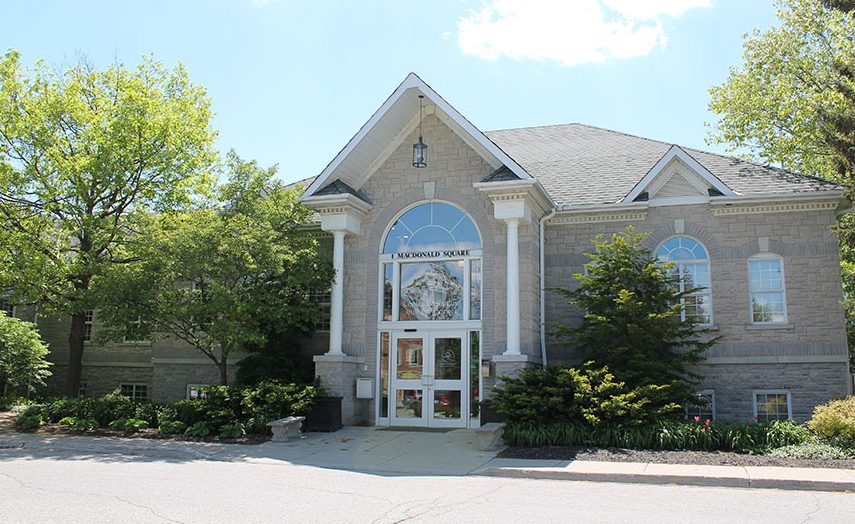CENTRE WELLINGTON – With speeding being a common complaint throughout Centre Wellington, township staff would like to explore whether safety concerns are reduced when speed limits are lowered.
And so staff are proposing to run a pilot program next year, setting a 40 km/h speed limit in an urban neighbourhood in the township.
Manager of engineering Adam Gilmore pitched the idea to council at its committee of the whole meeting on Oct. 16.
“We would select a neighbourhood and it would be 40km/h throughout,” he said.
“Then we’d get feedback on the effectiveness and report our findings. Perhaps there could be a wider rollout.”
Gilmore said the neighbourhood would be selected by staff in late 2023 based on concerns reported by community members, OPP comments and other stakeholders.
They would begin public education and stakeholder engagement/consultation activities in early winter 2024, with the goal of fully implementing the pilot program in the spring of 2024.
The pilot program would run to the end of 2024, when staff would report their findings and recommendations.
“Several municipalities in southern Ontario have moved towards reducing speed limits in residential neighbourhoods from the default of 50km/h in Ontario’s Highway Traffic Act to 40km/h to improve safety for motorists, pedestrians, cyclists, and other road users,” Gilmore stated in his report.
The pilot program will cost $20,000 and include:
- selecting a pilot neighbourhood representative of a typical urban setting within the township;
- amending the township’s speed limit bylaw to bring the 40km/h speed limits into legal effect in the selected neighbourhood;
- installing speed limit signage at entrance and exit points, and other strategic locations in the neighbourhood;
- collecting vehicle speed data throughout the course of the study to determine the impact of the speed limit reduction;
- working in collaboration with the OPP to enforce reduced speed limits;
- educating the public about the pilot program through social media and other advertisements; and
- consultation with stakeholders impacted by the speed limit reduction to obtain feedback.
Councillor Denis Craddock wondered if the selected neighbourhood could be named a community safety zone, where fines are increased.
Larger fines also drive the message to slow down in these zones, he said.
Managing director of infrastructure services Colin Baker said community safety zones are defined in the traffic act and there are rules around where they can and cannot be implemented.
Mayor Shawn Watters noted road design itself can also reduce speeding, and with more development coming, there’s opportunity for roads to be laid out in a grid pattern with stop signs at intersections.
Council voted in favour of beginning a pilot project.




